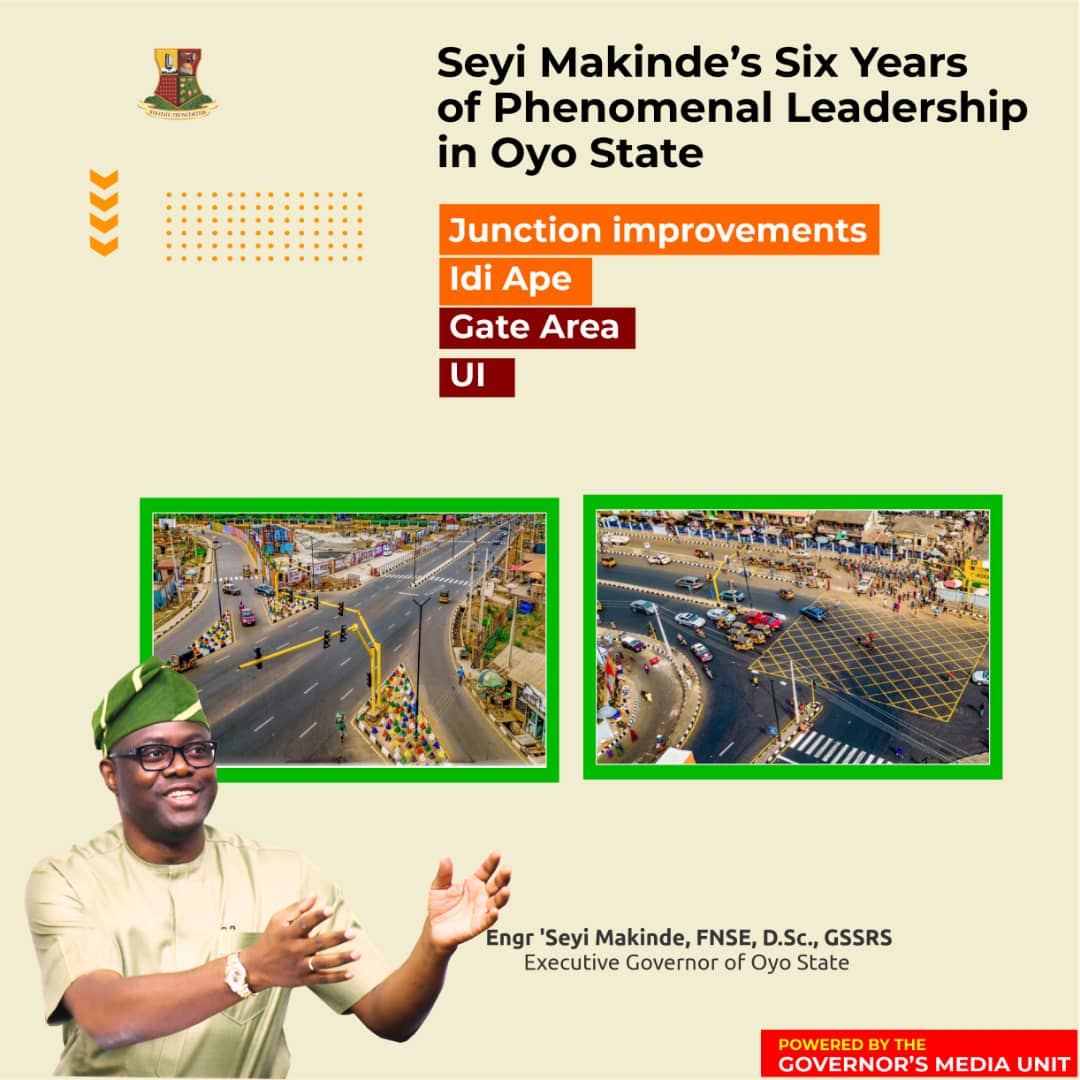An Oyo State High Court has ordered all parties in the suit filed by Otun Olubadan of Ibadan land, High Chief Lekan Balogun, and seven others, on the validity of a consent judgement given by the state high court on November 19, 2019, to file their further written addresses to narrow down their arguments.
Oyo State Chief Judge, Justice Munta Abimbola, gave the order on Friday while ruling on the suit, Newspeakonline reports.

He said there were some ambiguities in the many processes filed in the suit, adding that this made the need for further clarifications of addresses necessary.
The judge explained that the processes filed by parties in the matter when the case came before the court for determination on the validity of the consent judgement were many.

Abimbola, however, cautioned all counsels to ensure their addresses stay focused on the law and not deviate from laid down principles of practice and points of law.
He condemned the situation where lawyers now do analysis on the facts of a case before the court in public places, adding that it is not good practice that letters written by lawyers are flying about on social media on a matter that is pending before the court.

He warned counsels to desist from such acts, stating that as ministers in the court of justice, they are to calm tension, emphasising the need to stop talking about issues before the court and desecrating the hallowed temple of the judiciary.
Balogun and seven others filed a suit against the Governor of Oyo State and five others, asking the court to determine whether the terms of settlement of consent judgement in suit m/317/ 2017 between Chief Rashidi Ladoja vs the Governor of Oyo State of November 19,2019, did not prejudice and negatively affect their interests.
They further asked the court to determine whether the terms of settlement and consequent judgement in respect of vested legal interests of third parties has not been fraudulently and prejudicially divested them of their rights and interests vested in them to wear beaded crowns and coronet titles by virtue of Gazette No 14, Vol 42 of August 23, 2017; No 15, Vol 42 of August 24, 2017 and No 3, Vol 43 of March 2018.
Also, they asked the court to determine whether the consent judgement is not null and void, having fraudulently deprived the claimants who were not parties to the suit of their rights and interest vested in them by the gazette and whether it is not null and void, having been obtained by fraud and concealment of facts.
The High Chiefs also asked the court to determine whether the terms of settlement is not irregular, fraudulent and deceptive, rendering the consent judgement a nullity.
They, therefore, asked for a declaration of court ordering that the consent judgement is not binding in law and enforceable against them who are not parties to the terms of settlement and suit and is consequently null and void as well as an injunction restraining government and its agencies from disturbing them from the enjoyment of the rights and privileges conferred on them by law and by virtue of various instruments purportedly set aside or annulled on account of the consent judgement.

